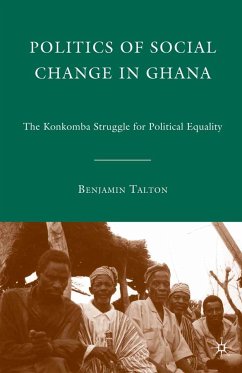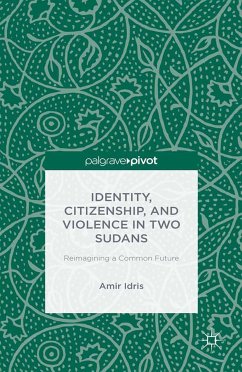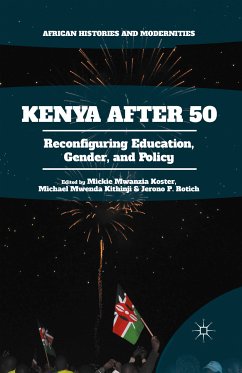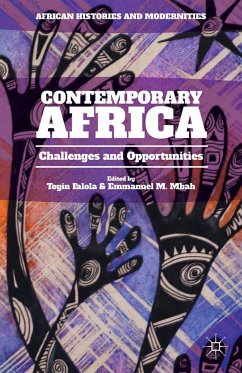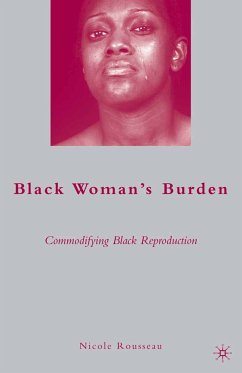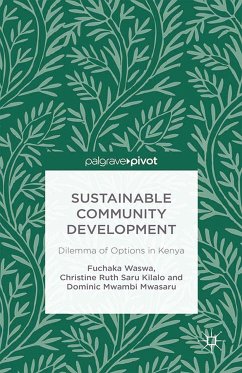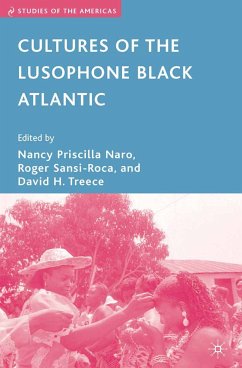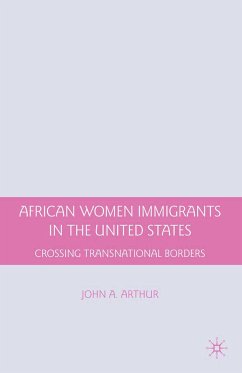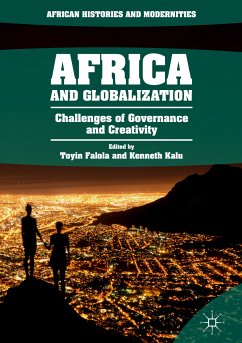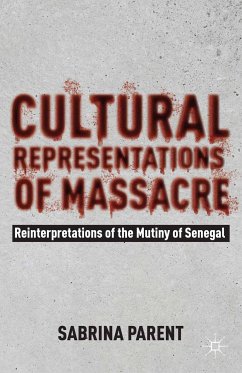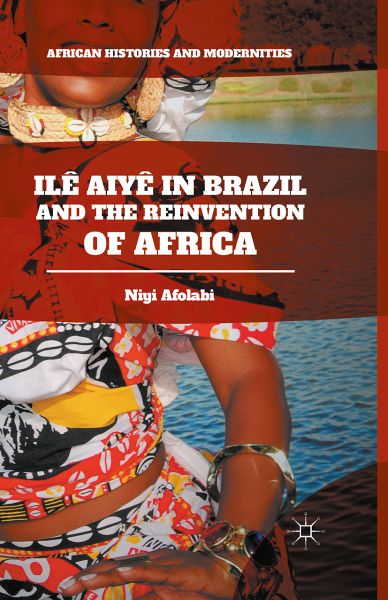
Ilê Aiyê in Brazil and the Reinvention of Africa (eBook, PDF)
Versandkostenfrei!
Sofort per Download lieferbar
72,95 €
inkl. MwSt.
Weitere Ausgaben:

PAYBACK Punkte
36 °P sammeln!
Ilê Aiyê's unifying identity politics through Afro-Carnival performance, is embedded in its dialectical relationship with the rest of Brazil as it takes ownership of its oppressed status by striving for racial equality and economic empowerment. Against this complex background, performative theory offers significant new meanings. In ritualistically integrating Bakhtinian categories of free interaction, eccentric behavior, carnivalistic misalliances, and the sacrilegious, Ilê Aiyê anchors its social discourse on showcasing the black race as a critical agency of beauty, pride, wisdom, subvers...
Ilê Aiyê's unifying identity politics through Afro-Carnival performance, is embedded in its dialectical relationship with the rest of Brazil as it takes ownership of its oppressed status by striving for racial equality and economic empowerment. Against this complex background, performative theory offers significant new meanings. In ritualistically integrating Bakhtinian categories of free interaction, eccentric behavior, carnivalistic misalliances, and the sacrilegious, Ilê Aiyê anchors its social discourse on showcasing the black race as a critical agency of beauty, pride, wisdom, subversion, and negotiation. Ilê Aiyê carnival is not only racially conscious, it heightens the conflicts by dislocating the very establishment that invests in its cultural politics. In fusing the sacred, the profane, the performative, the musical, with the political, Ilê Aiyê succeeds in indicting racism, ironically sacrificing the very power it pursues. Despite these limitations, Ilê Aiyê creatively engages alternative dialogues on Brazilian politics through sponsored performances across transnational borders.
Dieser Download kann aus rechtlichen Gründen nur mit Rechnungsadresse in A, B, BG, CY, CZ, D, DK, EW, E, FIN, F, GR, HR, H, IRL, I, LT, L, LR, M, NL, PL, P, R, S, SLO, SK ausgeliefert werden.



